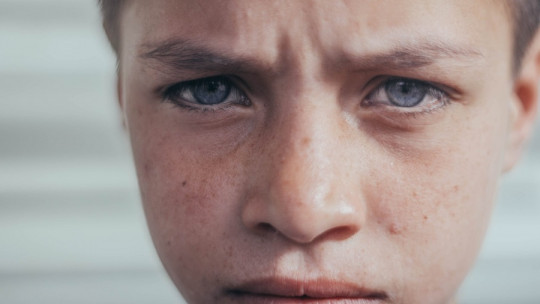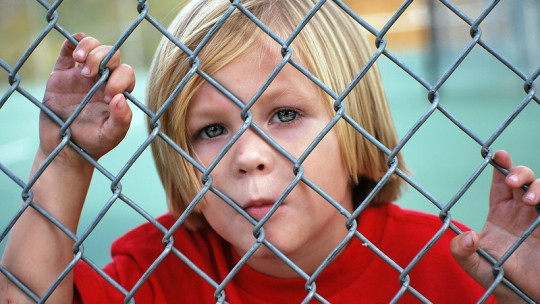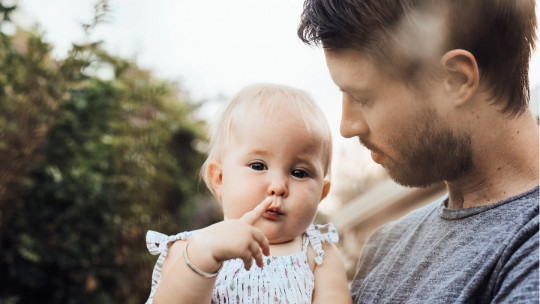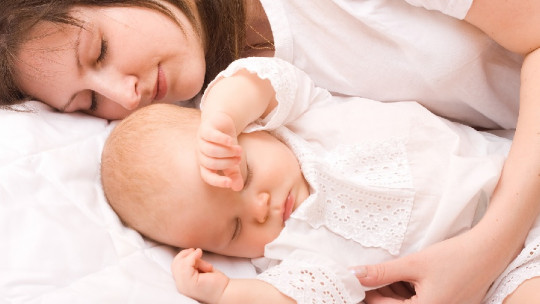Separating a family can be a very difficult emotional experience and complex both for the parents who are in the process of starting a new life and for the children, since their routine will change and the attachment figures will not be in the same home.
Children of separated parents have to face different challenges and adjustments, compared to children of parents who are united in the same nucleus and parenting is carried out jointly in the same home.
Psychological aspects to consider in children of divorced parents
First of all, note that the response of each child will be different, it may vary depending on their age, the level of support you have around you personality and the quality of the relationship you have with your parents.
Aspects such as emotional distress must be taken into account. Due to the fragmentation of the family structure that children knew, they may experience depressive symptoms, as well as anxiety due to uncertainty about the future and well-being of everyone from that moment on.
On the other hand, there will be behavioral changes and symptoms related to rebellion, withdrawal or even aggressiveness will appear. To this we must add the academic difficulties that may appear due to changes in routine or distractions and they will present feelings of divided loyalty when being in the midst of parental conflict.
As a consequence of parental separation, problems may arise in future relationships, and affects children’s self-image and perception of their own value Likewise, in cases of conflict situations, symptoms of post-traumatic stress can develop. In addition, there will be difficulties adapting to changes in routine such as changes in schedules, housing, school, among others.
Over time, children may develop insecurity about the stability of relationships, fearing that they will experience losses again.
The psychologist’s work with children of divorced parents
The psychologist’s work with children in a divorce situation can be crucial so that children can adapt and face the emotional and psychological challenges that the new normal entails. Early intervention and ongoing support can be crucial for the child to understand the new situation in a healthy way. Some key areas in which psychologists can play a crucial role:
Guidelines so that parents can handle the new situation with their children
Divorce is a new situation for children but also for parents, which sometimes paralyzes them due to the fear of making harmful decisions. It is important that they take into account several guidelines that help manage the situation effectively and provide support for their children in this process.
Communication with children must be established from the first moment, encouraging them to speak openly and honestly in addition to making them feel safe to express their feelings caused by the new reality.
On the other hand, avoid conflicts or arguments in front of children as it can trigger anxiety or confusion, they may even become stressed since their two attachment figures are at odds. It is advisable to solve problems without the children being present.
It is essential that they feel loved by both parents and have no doubt that although the situation will not be the same now, the feeling of love does not change in either the father or the mother.
As for the routine, it is advisable to maintain it as much as possible so that they do not perceive the process of change in a radical way. Furthermore, at this time flexibility in terms of custody and visits should be taken into account for a correct adaptation.
Regarding parenting, coordination in decision-making is the most effective for emotional well-being and correct development For the stability of children, parents must jointly address education, health and daily routines.
External support is a good ally for the emotional stability of children during the divorce process, whether through friends, family or, if necessary, support from a mental health professional.
Children will have social events such as birthdays or extracurricular activities and parents should participate jointly showing support so that they feel comforted.
Finally, and one of the most important aspects, parents must work on self-care since they need to stay strong to be able to provide support to their children in this situation that can be overwhelming for them.
The divorce process can be difficult to manage, but with correct communication and parents committed to achieving common well-being, it will be resolved in a healthy way with as little emotional damage as possible.









